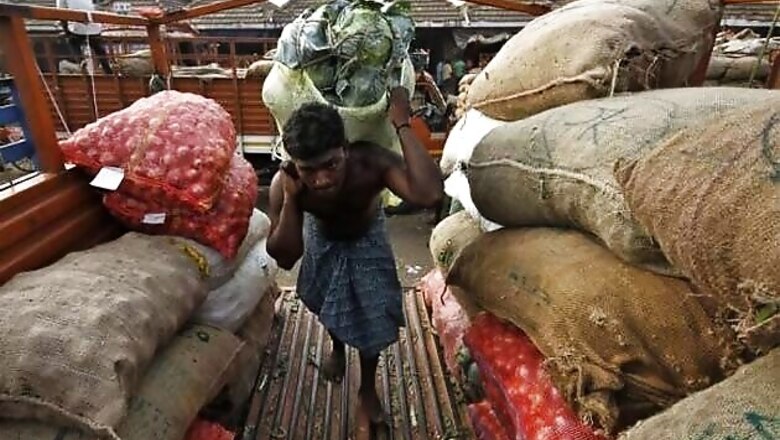
views
New Delhi: India's food subsidy regime needs to be overhauled with direct cash transfers to rein in losses in the public distribution of dietary staples to the poor, the Economic Survey said on Friday.
The Economic Survey, the basis for Finance Minister Arun Jaitley's 2015/16 budget on Saturday, said reform of the food subsidies required more work.
India, the world's biggest rice and wheat producer after China, runs a mammoth food welfare programme for the poor.
The cost of the country's food subsidies for the fiscal year ending March 31 are estimated to surge a quarter to 1.15 trillion rupees ($18.6 billion) from the previous year.
The programme covers over 65 million poor families through the distribution of subsidised food via a network of 450,000 ration shops. The state run network aims at ensuring minimum nutritional support to the poor and stability in grain prices.
The annual loss of 184 billion rupees ($2.98 billion) in subsidies for rice and wheat, the report said, "seriously" undermines the effectiveness of distribution network.
"Leakages can be stopped by cash transfer of the subsidy amount directly to the bank account, but the biggest challenge is most of the poor in India do not have any accounts at all," said Veeresh Hiremath, research head of brokerage Karvy Comtrade.
The report favoured a review of state-run grain procurement policies, especially in states that pay prices higher than minimum support levels for subsidised foods and impose high levies on the purchases.
The review should be extended to policies on stocking and distribution as well, the report suggested.











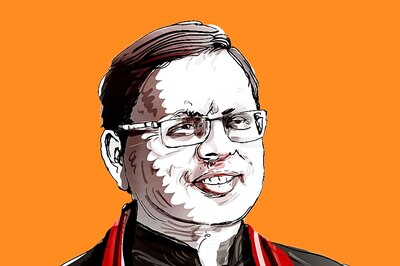
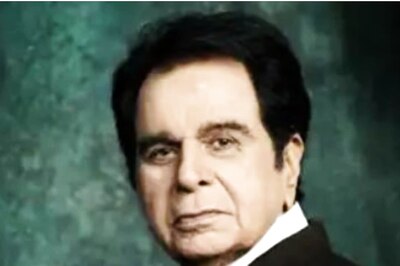
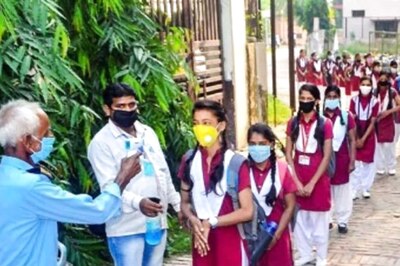




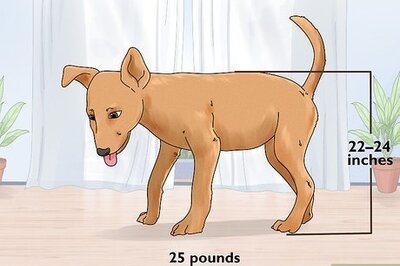
Comments
0 comment